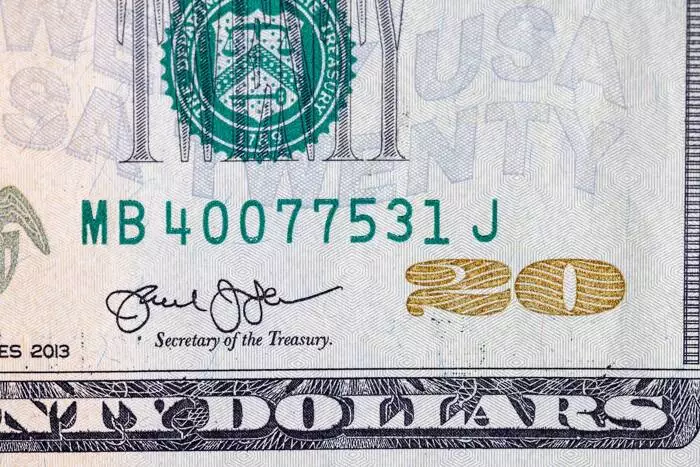In an era where information is at our fingertips, the challenge of discerning quality financial advice is paramount. Websites abound, each claiming to provide valuable insights into everything from cryptocurrency to nuanced market trends. However, the reality is much murkier. Content often mingles personal opinion, incomplete data, and promotional materials, making it difficult for readers to separate wheat from chaff. Understanding this web of information requires not just passive reading but an active commitment to questioning the credibility and motivation of the sources.
Due Diligence: A Non-Negotiable Practice
Adopting due diligence as a personal mantra is essential for anyone looking to engage with financial content responsibly. While most websites, including those resembling traditional news platforms, offer articles that may serve as a jumping-off point for research, they rarely provide a comprehensive view grounded in real-time data or robust market analysis. Therefore, proactive readers should approach such information with skepticism and the expectation that their own research will be crucial in refining their understanding of the financial landscape. How well do you know the nuances of the instruments you’re interested in? Taking the time to deepen your understanding can mitigate unnecessary risks.
Risk Assessment: Know Your Vulnerabilities
When dealing with complex instruments such as cryptocurrency or CFDs (Contracts for Difference), grasping the associated risks cannot be understated. Often, the allure of potential rewards overshadows the pitfalls, leading individuals to take impulsive decisions that could result in significant financial loss. It is particularly concerning that many articles fail to articulate the risks clearly, often sidelining them in favor of potential gains. Readers ought to cultivate a more balanced perspective that weighs both risks and rewards. This requires a commitment to continuously assessing personal financial situations and aligning investment strategies accordingly.
The Transparency Dilemma
A critical flaw in many financial publications is their lack of transparency regarding affiliations and financial compensations. As the saying goes, “There’s no such thing as a free lunch.” When evaluating articles that promote certain products or services, one must consider the possibility that the authors may be incentivized to present a skewed view. The absence of clarity surrounding these motivations can lead to misplaced trust. Consequently, critical thinking should complement your reading habits; always question who benefits from the information presented.
Embracing Personal Agency
In a digital landscape rife with noise, empowering oneself to exercise agency in financial decision-making is key. Rather than relying on a singular source, diversifying the avenues through which you consume information fosters a well-rounded perspective. Engage with a variety of viewpoints, verify facts through reputable databases, and consult with qualified professionals as necessary. Remember: the responsibility for financial choices rests with you.
By cultivating a spirit of inquiry and diligence, individuals are not only better equipped to navigate the complexities of contemporary financial materials but also positioned to make decisions that align more closely with their personal values and circumstances. Ultimately, understanding the mechanisms behind the information you digest is crucial in empowering yourself in a world that often seems inundated with uninformed noise.

